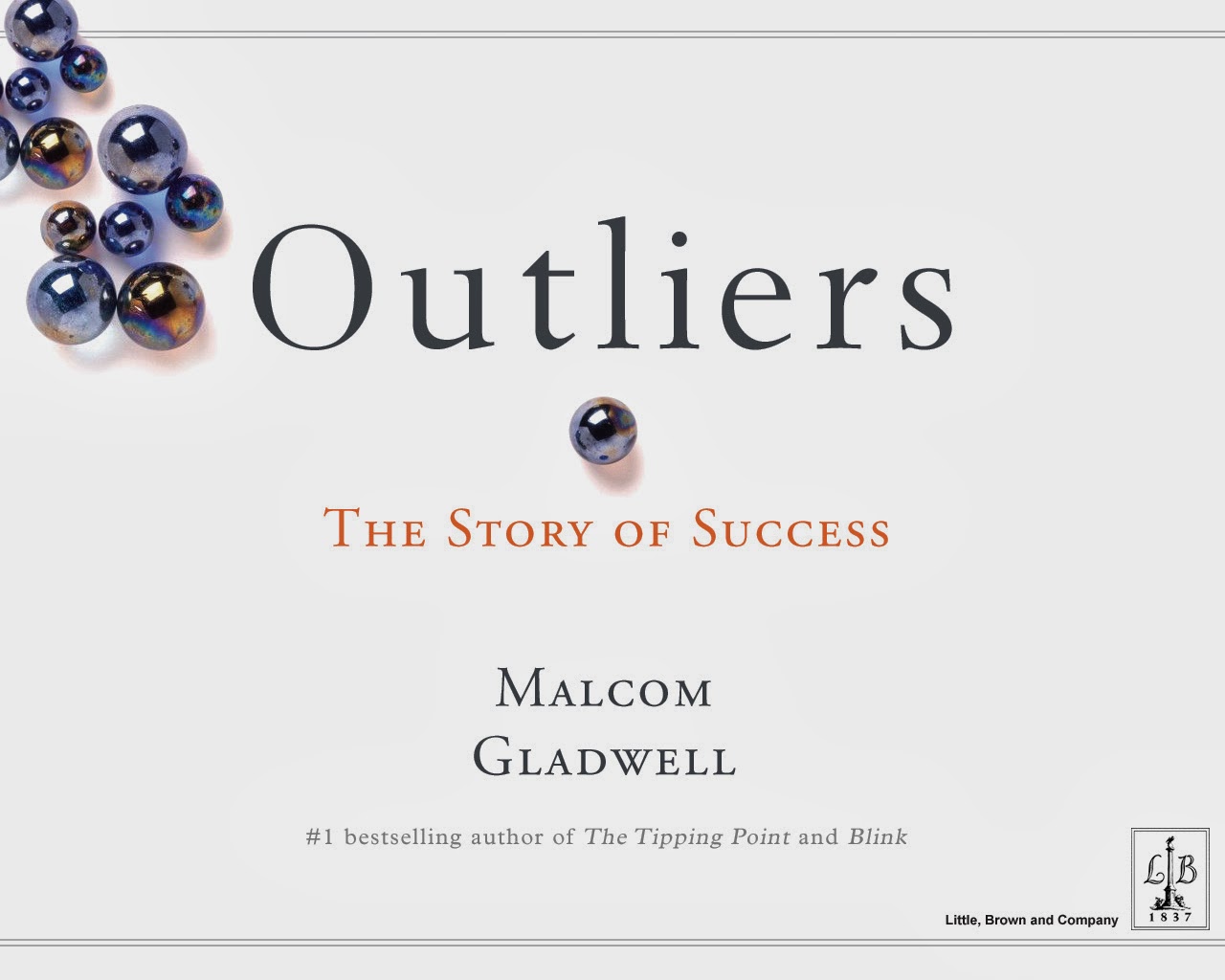Zen Me.
While pondering the Way of these curious Samurai these past few days, I found myself stumbling across a small, personally well-worn book on Zen Buddhism down at the Hawaii Kai library book sale for the most frugal price of 25 well-spent cents. Of course, like all devout readers most assuredly do (even they do not yet know it) I believe that we do not neccesarily 'find' the books that we choose to read, They Find Us. And after years of skimming thrift stores, yard sales and flea markets, today was no different. It found me.
Upon my adventure into such curious thought, I felt myself flipping back through the last six months of my own thought books. Had I been living a Zen-filled "Way" without my personal knowing? First of all, Zen is a subcatergory of Buddhism that gathers both the simple and the devout in many different parts of the world, first originating in China during the 6th century. Unlike regular Buddhism, Zen does not adhere to reincarnation, karm, or nirvana, but uses its teachings in a way that is admirable for men and women seeking a higher enlightenment (I want to be clear that I am not knocking traditional Siddharthian Buddhism, but simply am differentiating between the two). It teaches that enlightenment may come to "dedicated laymen, and that this enlightenment may occur suddenly and intuitively- not neccessarily requiring years of study and concentration" -(Peter Pauper Press on Zen).
One of the most fascinating concepts of this old "Way of Life" that has previously demanded my attention with the Samurai is this idea of satori:
In satori we are able to look beyond our immediate world into the universe of original,
eternal, Absolute Being- often called the Great Emptiness- which was before our world
was formed, and will be after it disappears. In this condition we lose our sense of Self, and
know ourselves to be part of the great Oneness of all (p 6).
We are all part of Absolute Being, and we are all part of each other (p 7).
I cannot help but relate this Emptiness with the Space Between Thoughts as previously discussed, as well as the idea of the Whole (Absolute Being). What a wonderous strain of thought to come upon me today.
Upon my adventure into such curious thought, I felt myself flipping back through the last six months of my own thought books. Had I been living a Zen-filled "Way" without my personal knowing? First of all, Zen is a subcatergory of Buddhism that gathers both the simple and the devout in many different parts of the world, first originating in China during the 6th century. Unlike regular Buddhism, Zen does not adhere to reincarnation, karm, or nirvana, but uses its teachings in a way that is admirable for men and women seeking a higher enlightenment (I want to be clear that I am not knocking traditional Siddharthian Buddhism, but simply am differentiating between the two). It teaches that enlightenment may come to "dedicated laymen, and that this enlightenment may occur suddenly and intuitively- not neccessarily requiring years of study and concentration" -(Peter Pauper Press on Zen).
One of the most fascinating concepts of this old "Way of Life" that has previously demanded my attention with the Samurai is this idea of satori:
In satori we are able to look beyond our immediate world into the universe of original,
eternal, Absolute Being- often called the Great Emptiness- which was before our world
was formed, and will be after it disappears. In this condition we lose our sense of Self, and
know ourselves to be part of the great Oneness of all (p 6).
We are all part of Absolute Being, and we are all part of each other (p 7).
I cannot help but relate this Emptiness with the Space Between Thoughts as previously discussed, as well as the idea of the Whole (Absolute Being). What a wonderous strain of thought to come upon me today.



Comments
Post a Comment